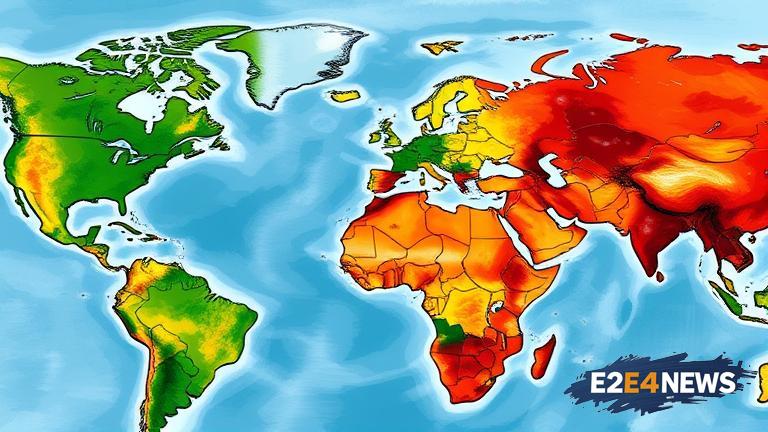Climate change is one of the most pressing issues of our time, with far-reaching consequences for the environment, human health, and the economy. The planet is warming at an unprecedented rate, with the past decade being the hottest on record. This is primarily due to human activities such as burning fossil fuels, deforestation, and land-use changes, which release large amounts of greenhouse gases like carbon dioxide and methane into the atmosphere. The effects of climate change are widespread and varied, ranging from more frequent and severe heatwaves, droughts, and storms, to rising sea levels and melting glaciers. The consequences of inaction will be catastrophic, with predictions of sea-level rise, water scarcity, and food shortages affecting millions of people worldwide. The global community has come together to address this crisis, with the Paris Agreement aiming to limit global warming to well below 2 degrees Celsius and pursue efforts to limit it to 1.5 degrees Celsius above pre-industrial levels. Countries are implementing policies to reduce greenhouse gas emissions, increase renewable energy production, and enhance energy efficiency. However, the pace of progress is slow, and more needs to be done to meet the scale and urgency of the challenge. The UK, for example, has set a target of net-zero emissions by 2050, while other countries like Norway and Sweden are also making significant strides in reducing their carbon footprint. The role of individuals is also crucial, with simple actions like reducing meat consumption, using public transport, and conserving energy making a significant difference. Furthermore, climate change is not just an environmental issue, but also a social and economic one, with vulnerable communities and low-lying areas being disproportionately affected. The economic benefits of transitioning to a low-carbon economy are also significant, with the potential to create new jobs, stimulate innovation, and drive growth. Despite the challenges, there are many reasons to be optimistic, with renewable energy costs plummeting, electric vehicles becoming increasingly popular, and climate change becoming a major political priority. The BBC has been at the forefront of covering climate change, providing in-depth analysis, and insightful reporting on the issue. The corporation’s coverage has included a range of topics, from the science behind climate change to the human impact and the global response. In conclusion, climate change is a pressing global issue that requires immediate attention and action. The consequences of inaction will be severe, but with collective effort and determination, it is possible to mitigate the worst effects of climate change and create a more sustainable future for all.
